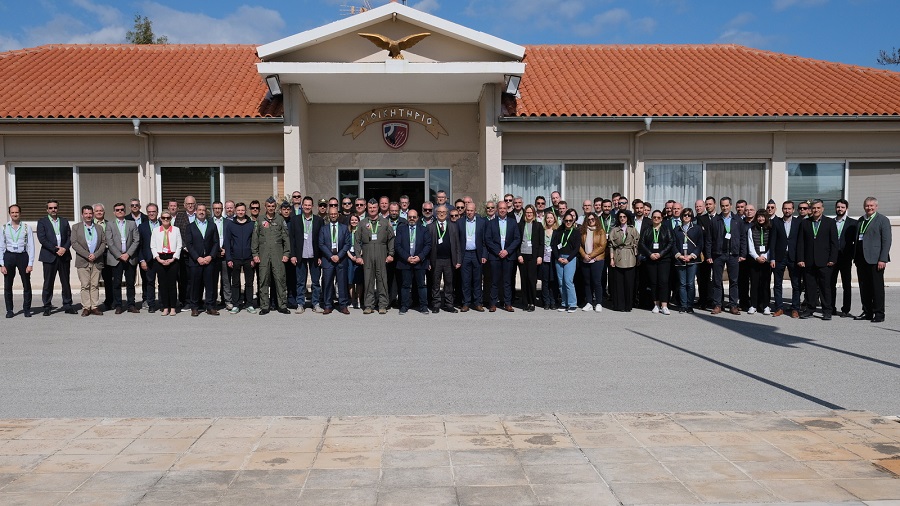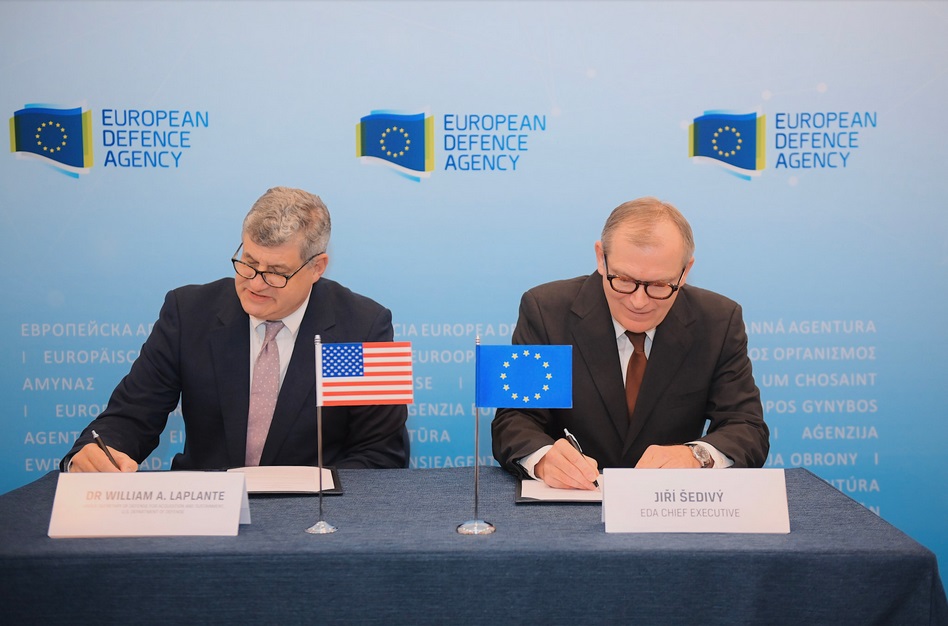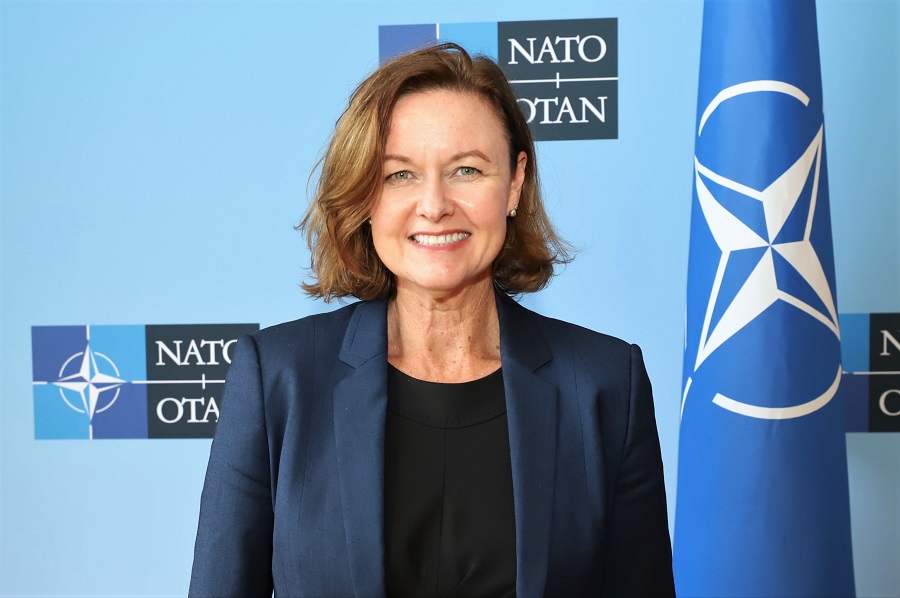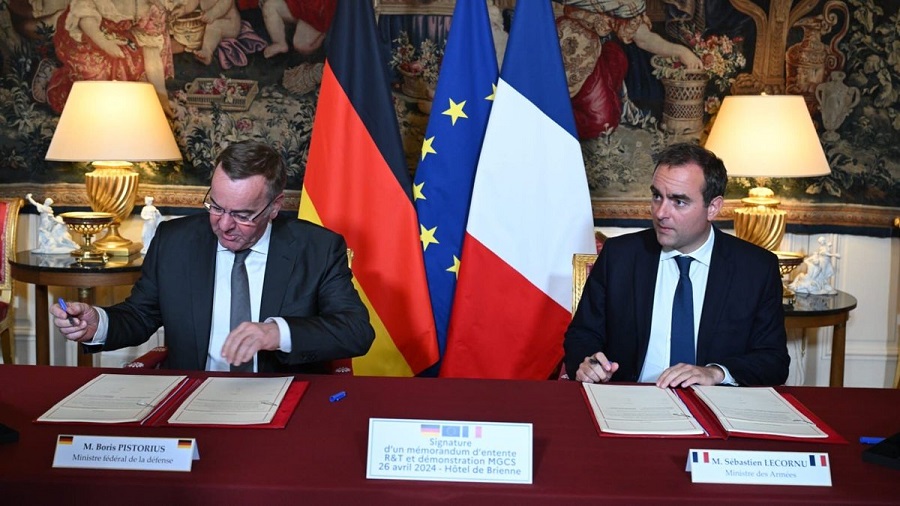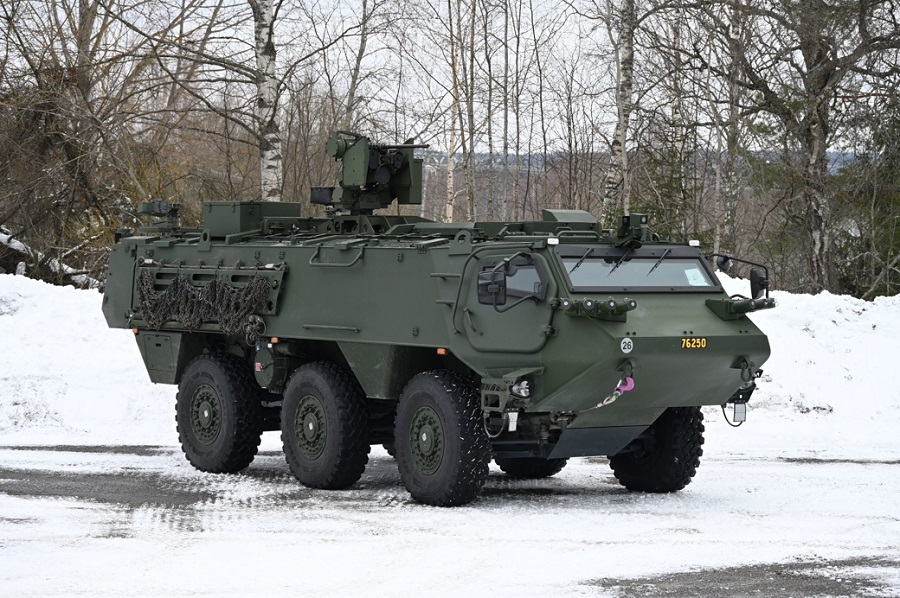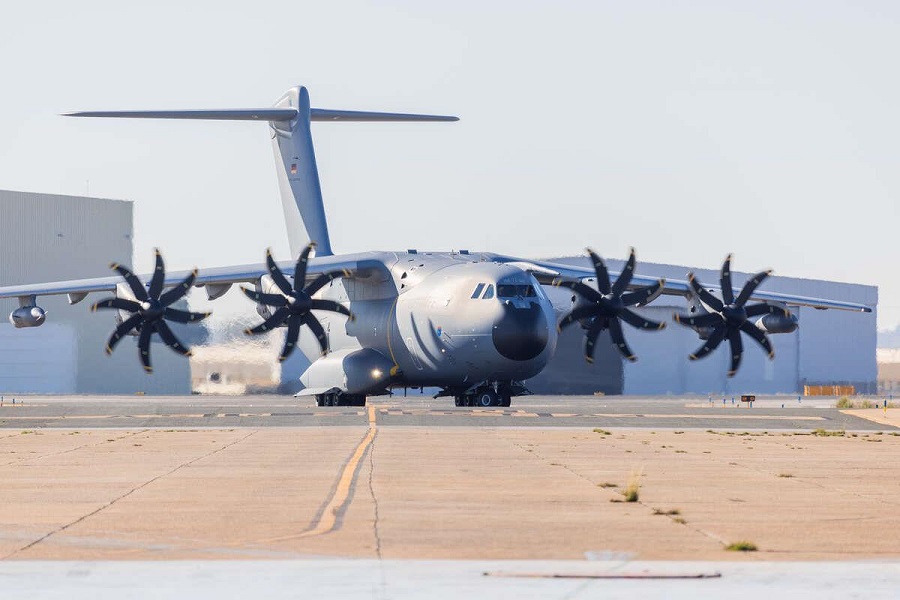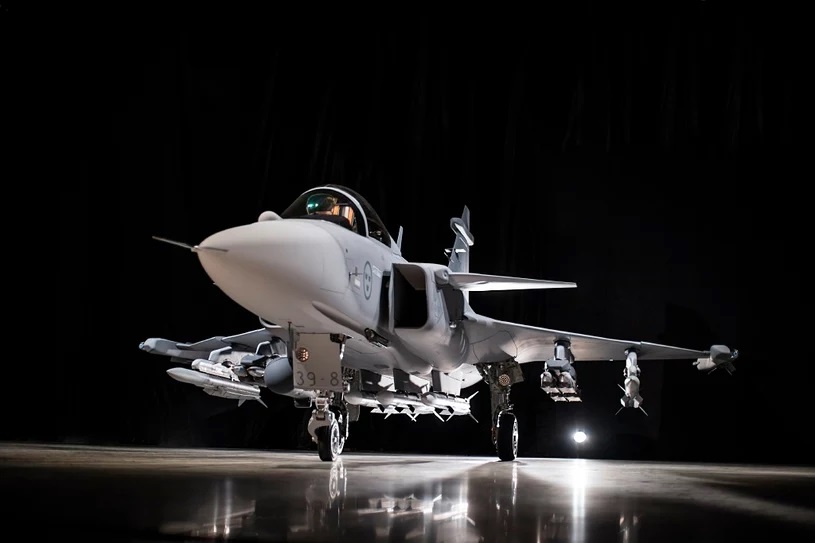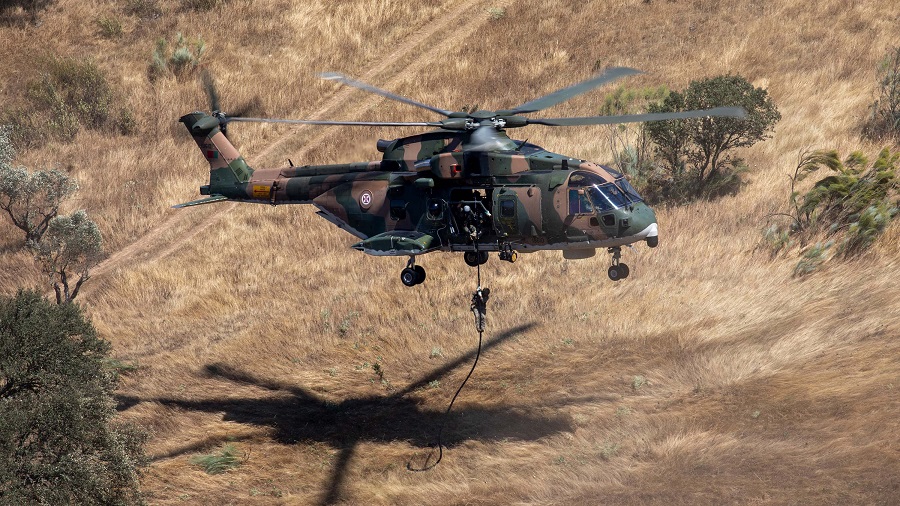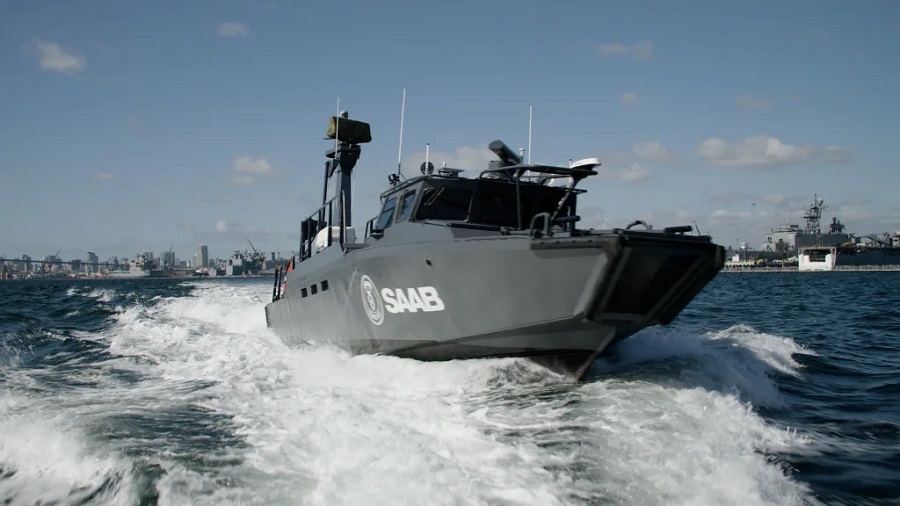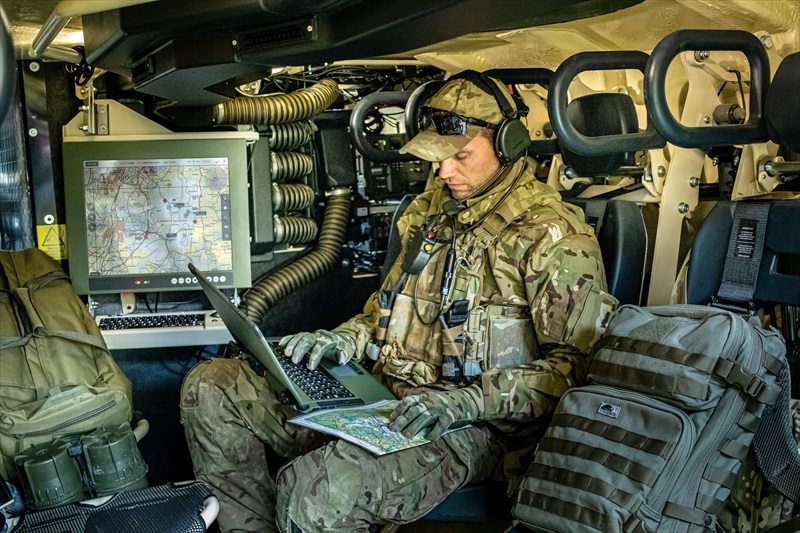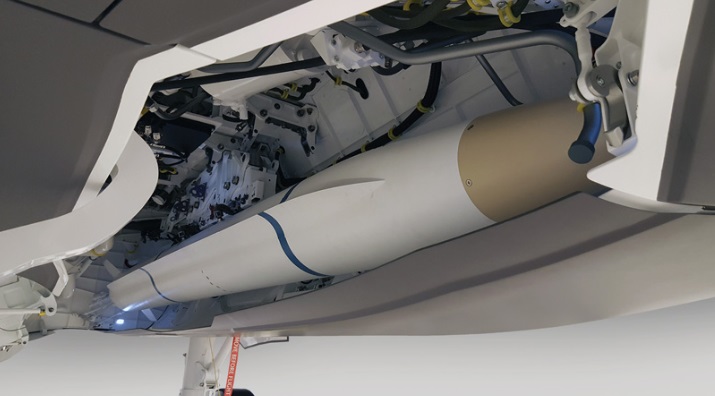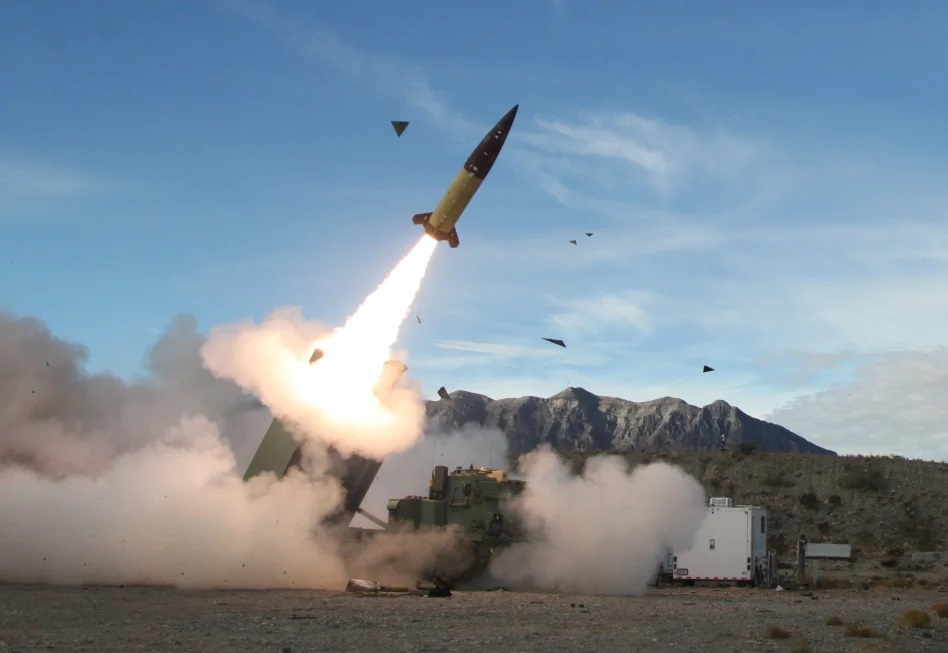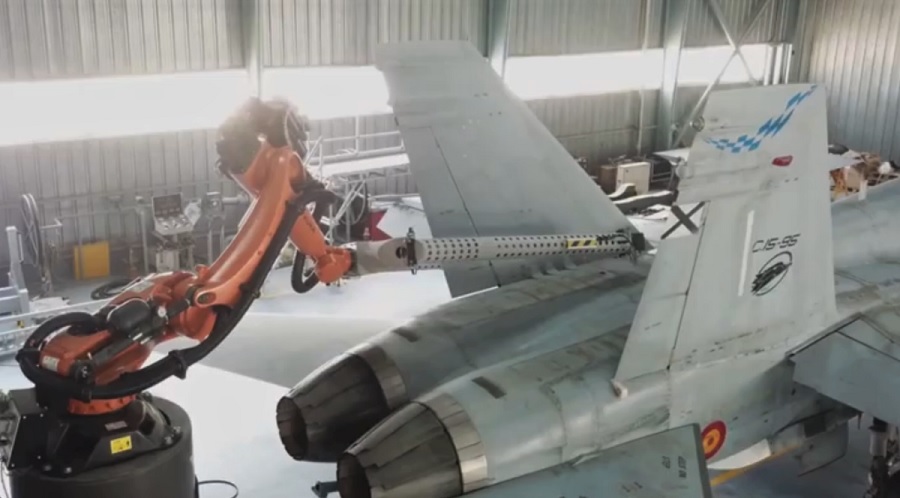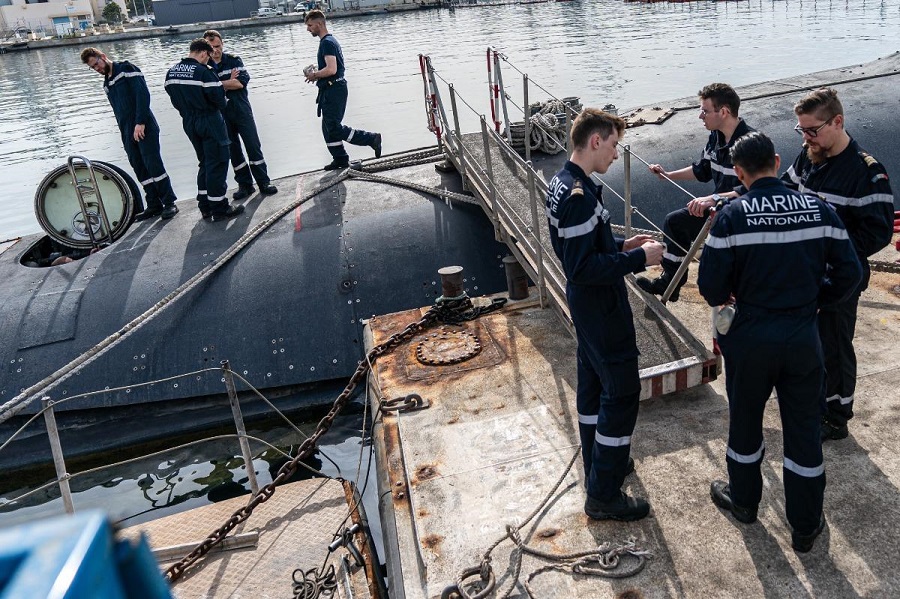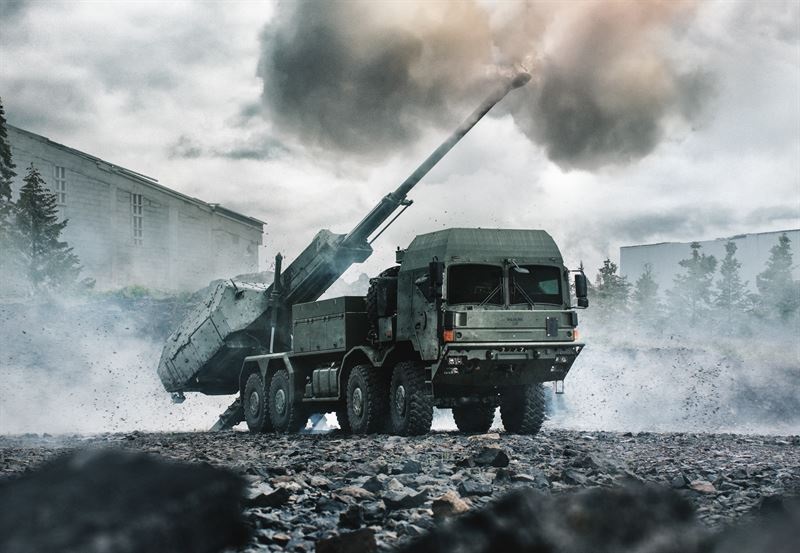Around 80 experts from European ministries of defence, EU bodies, industry and academia met on 26-27 April in Crete, Greece for the second thematic workshop of the Consultation Forum for Sustainable Energy in the Defence and Security Sector (CF SEDSS) to discuss how to reduce the carbon emissions of defence installations.
CF SEDSS is part of the Agency’s efforts to help Member States and the defence sector contribute to the energy transition and develop more sustainable policies.
Organised by the European Defence Agency (EDA) and hosted by the Hellenic Ministry of National Defence, the two-day workshop in Chania brought together experts of the CF SEDSS Working Group 1 on Energy Efficiency and Buildings Performance and Working Group 2 on Renewable Energy Sources.
The objective was to examine the potential of renewable energy sources and building performance improvements to reduce energy consumption, carbon emissions and fossil fuel dependency. Ultimately, this should increase the defece sector’s energy efficiency and resilience. The workshop also explored how defence sector of measures – such as integration of renewable energy sources elements into structures, energy storage, nearly zero-emission buildings, smarts grids and the islanding of military installations – can contribute.
The CF SEDSS workshop included a site visit to 115 Combat Wing Airport at Souda Bay, where a project to create a net zero carbon emissions facility has been underway since 2021. Participants visited the photovoltaic park, the energy distributing hub and other areas of interest, which helped stimulate technical discussions that followed.
Beyond the national level
In his welcome speech, Col. Ilias Manolis, Head of Infrastructure and Environmental Protection Department, Hellenic Ministry of Defence (HMoD), shared his perspectives. Greece’s initiatives are based on the 2020 second revision of the HMoD’s Policy for Environmental Protection/Energy Management and Adaptation of the Armed Forces to Climate Change Impacts as well as the roadmap facilitating its implementation.
Col. Manolis also underlined the framework for developing suitable project ideas and specifically mentioned the HMoD’s intention “to explore all possibilities so that this pilot endeavour can be further exploited and implemented, not only at a national, but also at the EU level.”
Mr Panagiotis Kikiras, EDA Head of Unit Technology and Innovation, highlighted that the 115 Combat Wing Airport project was “one of the very first projects among the EU armed forces aiming to render military installations net zero emissions and carbon neutral using renewable energy and smart distribution.”
Mr Kikiras also said: “Examples such as these show us that the defence is making great strides towards greener, more energy efficient and resilient defence, while contributing to the overall EU climate targets. There is still a lot of work to do, but we hope that this workshop will provide some guidance on how to decarbonise defence installations more quickly and efficiently.”
He concluded by inviting ministries of defence to “join forces to come up with ways to ensure that military buildings and installations are healthier, greener and more resilient to extreme weather events.”
Source: European Defence Agency (EDA).


